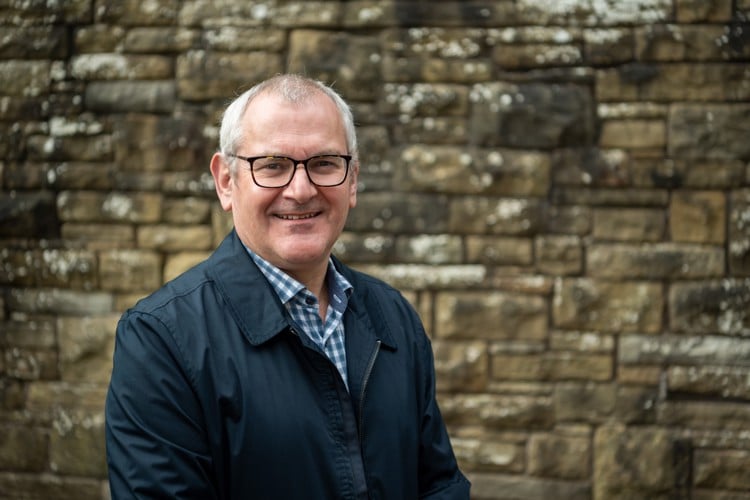Norwegian coastal cargo company Eidsvaag AS is to grow its fleet of forage carrier vessels with two new state-of-the-art vessels designed and equipped by Kongsberg Maritime.
The new vessels are the latest ship designs from Kongsberg Maritime and feature a range of innovative technologies to enhance the safety and efficiency of offshore salmon farm operations. The vessels will be built at the Zamakona shipyard in Bilbao, Spain, and delivered in 2026.
The vessels, of NVC 4022 design, will join the Eidsvaag fleet with the core duty of replenishing salmon farms off the coasts of Norway and Iceland.
“They will be among the largest in our fleet and vessel size has been decided based upon what is most efficient when delivering feed to between 400 and 500 fish farms along the coast”
Kongsberg Maritime delivered its first forage carrier designed vessel, the Eidsvaag Pioner, to the company in 2013, and the latest vessels will have significant technological advances, over this first vessel.
The 71 metre NVC 4022 design incorporates an extensive package of cargo handling equipment, within an optimised hull form designed for safe and stable operations in 2.5 to 3 metre significant wave height. The vessels will have Dynamic Positioning (DP) to hold position in the vicinity of the fish farm platforms.
The two vessels will be part of the ‘Fjordfrende’ partnership established in 2019, where competitors Skretting and Cargill are collaborating to deliver fish feed via 14 vessels operated by Eidsvaag AS. By working in this way, the companies avoid having to run separate transport routes in and out of the same fjords along the Norwegian coast, thereby significantly reducing CO2 emissions.
The vessel design includes a cargo storage system of silos and a hold for bagged pellets, with a total cargo capacity of 1900 tons. Beneath the silos, a complex network of conveyors ensures rapid and accurate delivery of pellets, all controlled from the bridge.
“The accuracy of cargo delivery is one of the critical factors of this vessel, with highly sensitive measuring equipment installed to ensure exact amounts of fish feed are delivered"
Vidar Eidsvaag, CEO of Eidsvaag AS, says: "These will be state-of-the-art vessels with good amenities for the crew and a cabin capacity for 14 people. The new vessels will help reduce our carbon footprint and set us up well for the future.
“They will be among the largest in our fleet and vessel size has been decided based upon what is most efficient when delivering feed to between 400 and 500 fish farms along the coast”.
Rune Ekornesvåg, Kongsberg Maritime, Sales Director, Ship Design, said: “Since the delivery of our first forage carrier in 2013, we have seen growth in offshore salmon farming and with that a need for more capable vessels. We’ve learnt a lot from earlier designs, and these latest vessels are the most advanced so far for this sector with its specific demanding requirements for station keeping, manoeuvrability and cargo handling.

The vessels will have an advanced heat recovery system with a CO2 heat pump to provide energy for heating, and other auxiliary needs
“The accuracy of cargo delivery is one of the critical factors of this vessel, with highly sensitive measuring equipment installed to ensure exact amounts of fish feed are delivered. This combination of complex handling equipment, flexible cargo capacity and efficient propulsion, make this a highly capable vessel, and we look forward to working closely with Eidsvaag and the Zamakona shipyard on the delivery of this exciting project”.
The equipment package from Kongsberg Maritime includes a pair of US 205 azimuth thrusters, a single TCNC swing-down Combi thruster, a tunnel thruster, propulsion and thruster remote control systems and the Dynamic Positioning system. Hybrid power is also available through a battery energy storage system, used for spinning reserve, peak shaving, and enabling emission free operation within port. The environmental features of the vessel include an advanced heat recovery system, with a CO2 heat pump to provide energy for heating, and other auxiliary requirements.
For more information, please contact:

